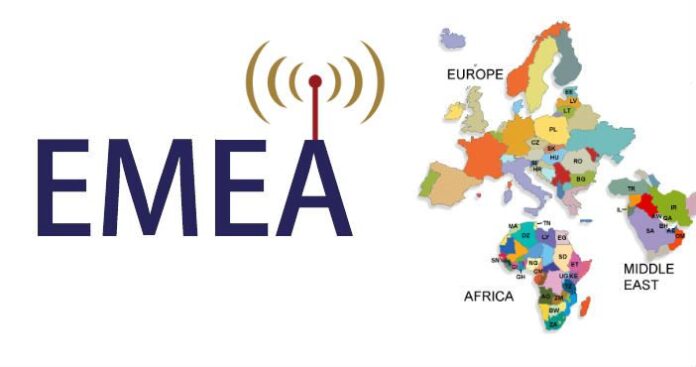Between 2006 and 2013, telecom investment by seven major European operators, including such giants as Orange, Deutsche Telecom and Vodafone, fell 5%. In contrast, the four U.S. operators – AT&T, Verizon Communications, Sprint and T-Mobile US – increased investment by 39%. French media outlet Les Echos reported the discrepancy citing a study by Mazars.
The gap is even greater in mobile. U.S. operators’ mobile investment grew 118% with a fourfold jump at Sprint and T-Mobile US. Some of the difference can be explained by spectrum auction purchases and by the faster rollout of LTE services in the U.S. In Europe, LTE has been much slower to take off.
Julien Huvé, at Mazars, said that the problem is the different evolution of the markets. Revenue at U.S. operators increased 51% from 2006 to 2013, while among the seven major operators in the European Union revenue fell by 7%.
“The competitive environment is obviously not the same,” Huvé said.
More telecom news from Europe, the Middle East and Africa:
• German frequency auction passes $2.56 billion. According to the Bundesnetzagentur, bidding for 270 megahertz of spectrum in the 700 MHz, 900 MHz, 1500 MHz and 1800 MHz bands totaled more than $2.6 billion as of midday on June 3. Three players are participating in the auction process: Deutsche Telekom, Telefonica Deutschland and Vodafone. Germany is the first European country to auction off the coveted 700 MHz band.
• Telefónica and Bouygues team up to serve multinationals. The Spanish group and the French telecom are set to create a joint venture to provide telecom services to multinational companies in France. The agreement aims to capitalize on Bouygues’ domestic infrastructure and Telefónica’s worldwide reach, with a presence in 40 countries and services to reach more than 170 countries.
• Belgium, Netherlands investigate spying by Germany. Two of Germany’s neighbors are looking into whether Germany’s intelligence agency, the BND, helped the U.S. National Security Agency in its espionage activities including monitoring telecom data within their borders.
• Safaricom launches fertilizer subsidy platform for Kenyan farmers. Safaricom and the Kenyan Ministry of Agriculture, Livestock and Fisheries launched a joint pilot program called “E-fertilizer Subsidy Management System.” Safaricom developed the electronic vouchering solution designed to allow farmers to access vouchers for various types of fertilizer via their mobile phones. Agriculture principal secretary Sicily Kariuki told AllAfrica that if the pilot is successful the solution could be used by more than 3.5 million farmers across the country.
Want to know more? Check out our EMEA coverage, and follow me on Twitter!

